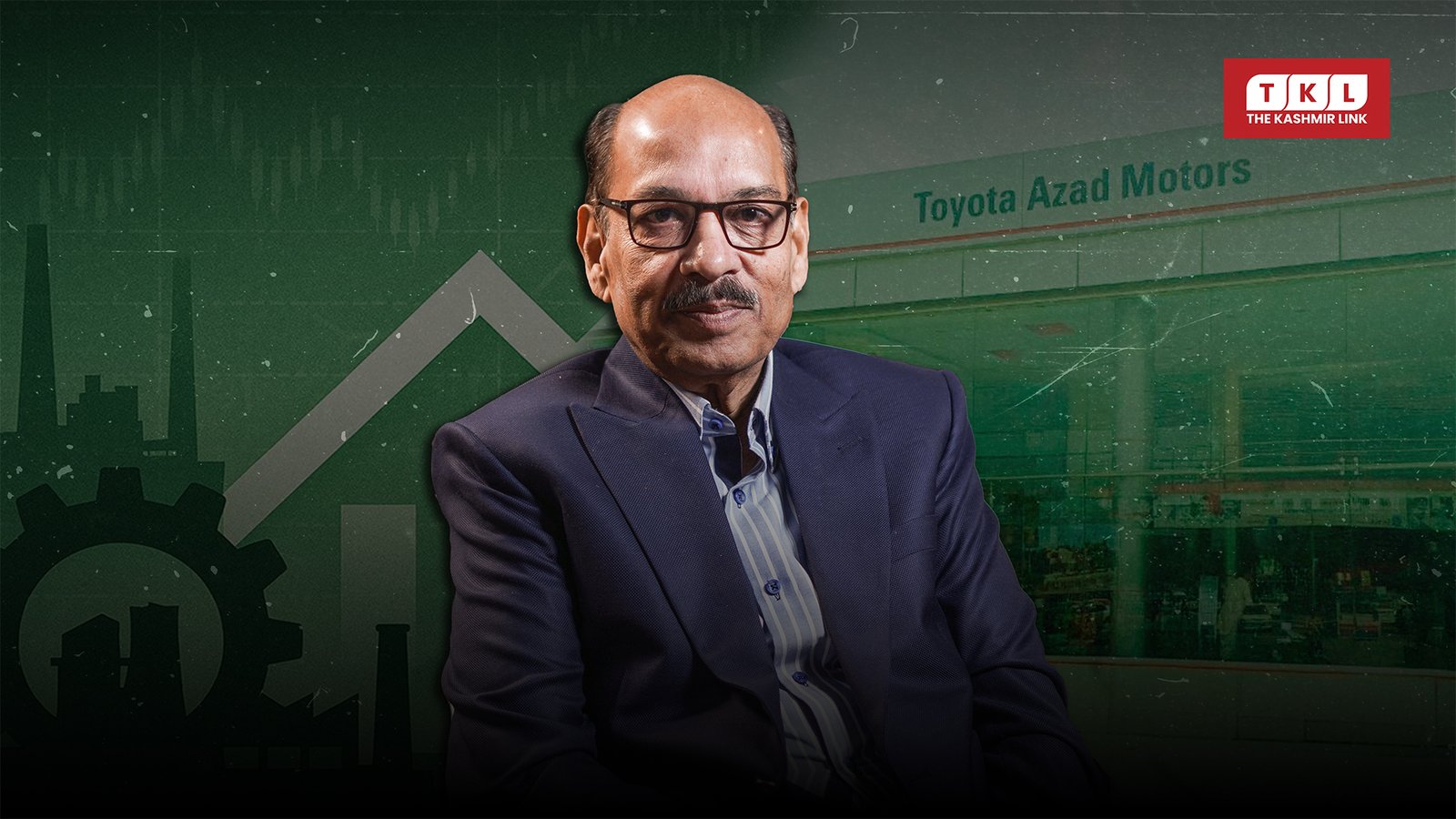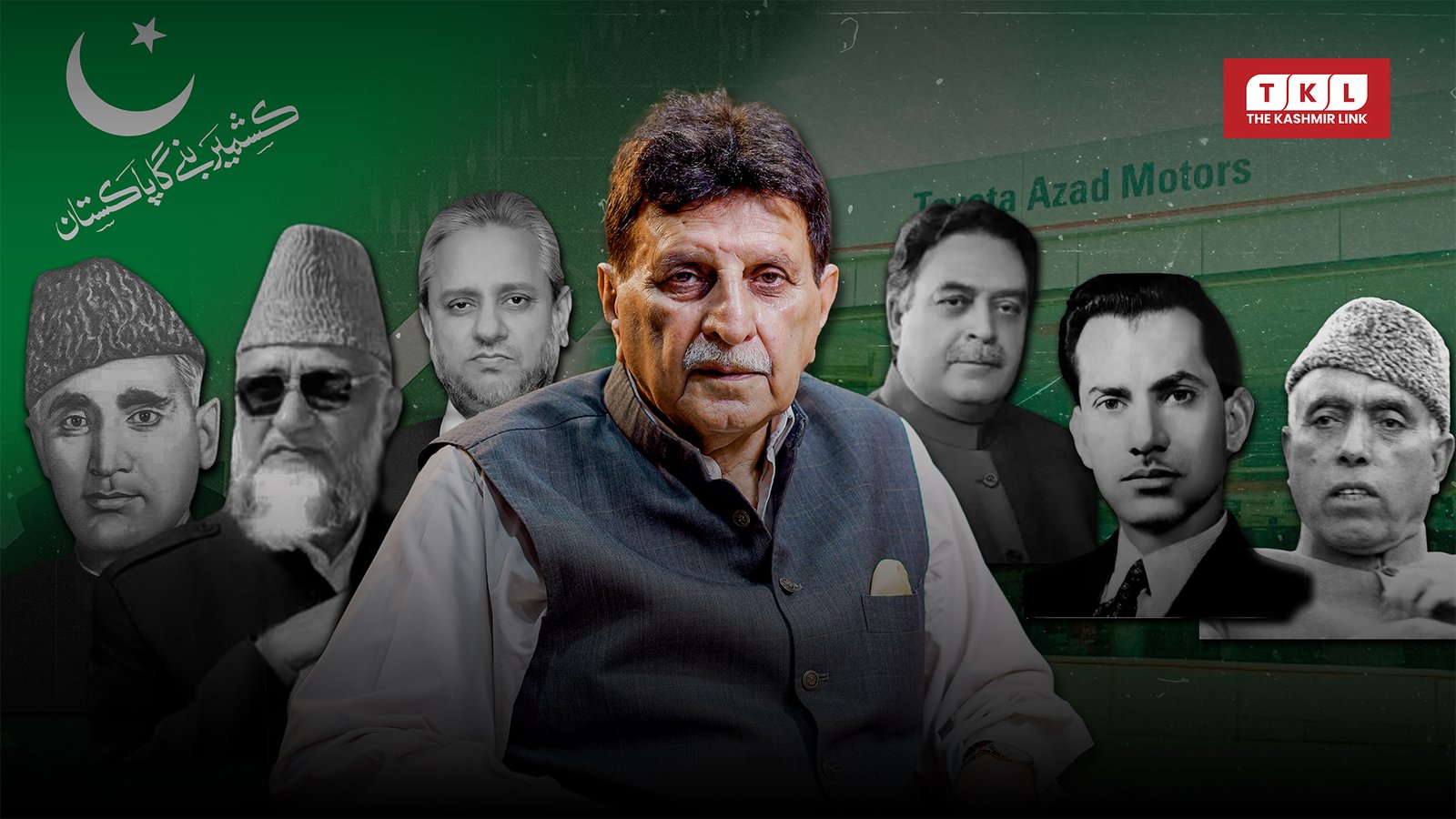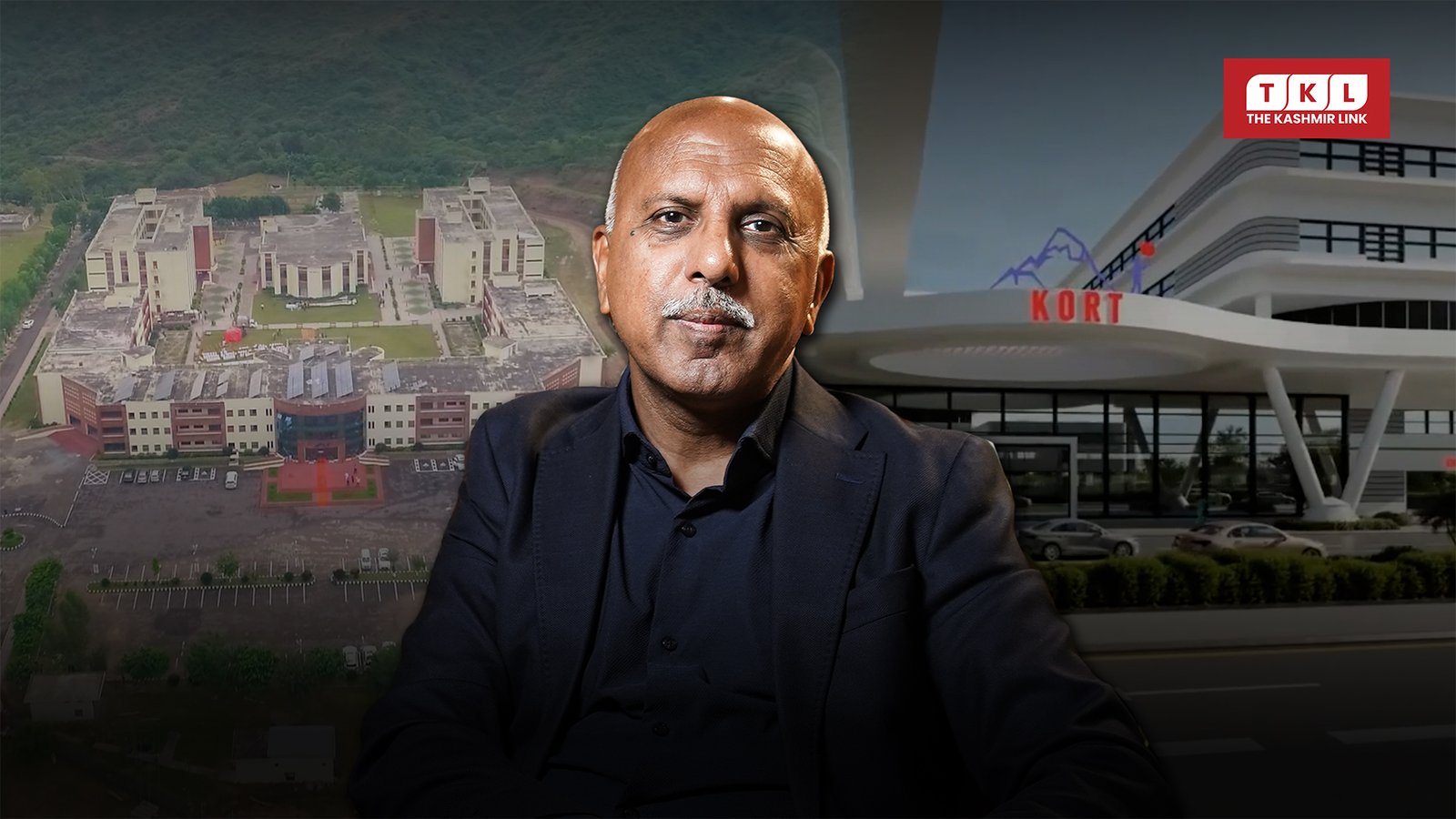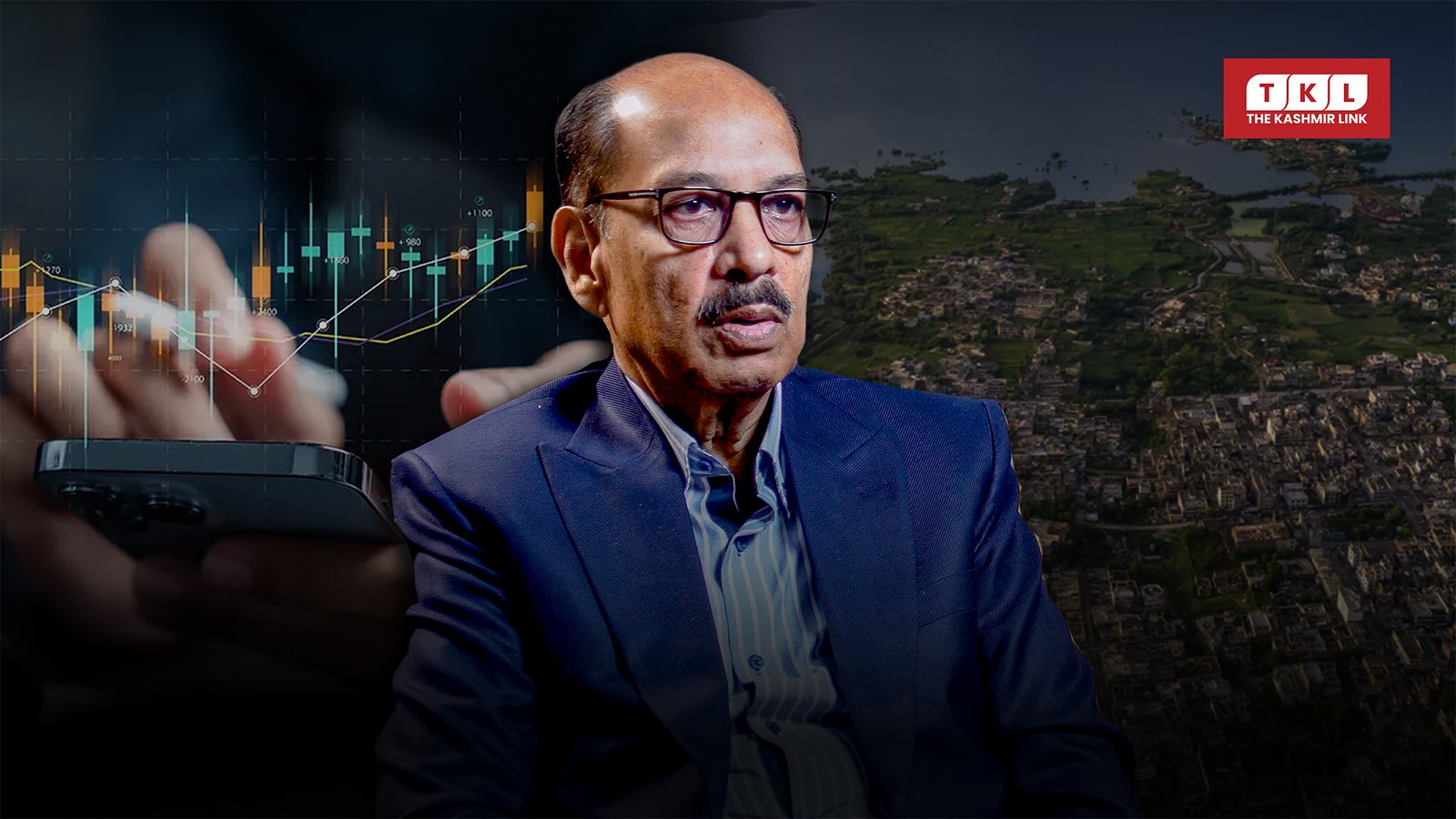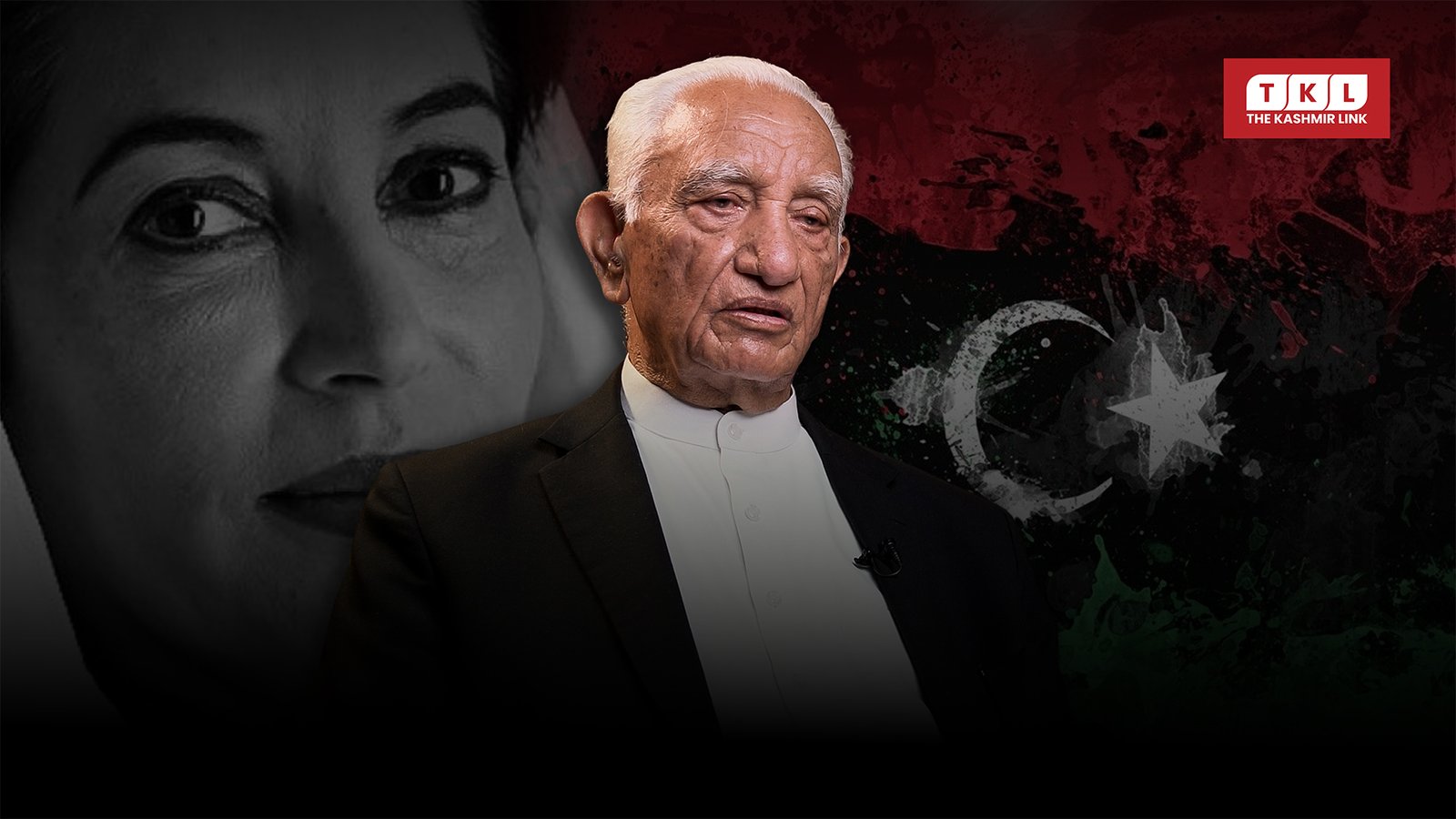Exclusive Interview with Raja Farooq Haider, Ex-PM of AJK
In this in-depth conversation, Raja Farooq Haider shares his perspective on the rise of the Joint Awami Action Committee (Awami Action Committee), the electricity and flour crisis in Azad Kashmir, and the broader political and constitutional challenges facing the region.
Q: The Joint Awami Action Committee has been very active in recent months. How did this movement begin?
Raja Farooq Haider: Originally, it started as a Traders’ Joint Action Committee. Later, it evolved into the Awami (Public) Action Committee. Their main demands were about electricity bills and the price of flour. For eight to nine months, the government held negotiations with them. Whenever one demand was resolved, new demands were added, which delayed the process.
Q: There is a perception that the Awami Action Committee demanded free electricity. Is this correct?
Raja Farooq Haider: No, that’s not true. They never demanded free electricity. The issue goes back to the Mangla Dam agreement, where Sardar Sikandar signed with WAPDA that electricity would be supplied to Azad Kashmir at Rs. 2.59 per unit. If any dispute arose, it was to be resolved by the Chief Justice of Pakistan, Chief Justice of AJK, and WAPDA’s representative. Unfortunately, many people were not even aware of this agreement.
Q: Then how was the “3 rupees per unit” figure finalized?
Raja Farooq Haider: A meeting was held in Islamabad, chaired by the Prime Minister of Pakistan, attended by federal ministers, the Prime Minister of AJK, myself, Latif Akbar, Shah Ghulam Qadir, and others. The decision came from the Government of Pakistan, not the Awami Action Committee. They are wrongly taking credit for it.
Q: Why do you oppose the current arrangement regarding electricity charges?
Raja Farooq Haider: Because the operation and maintenance (O&M) costs are being shown as development charges. WAPDA does not carry out any work here. Our local DISCOs supply electricity, and the costs come from our own budget. This puts huge pressure on our finances. Earlier, governments could not even pay salaries on time, but we managed to stabilize things with federal support. Still, we owe 28 billion rupees for wheat procurement. People don’t realize the financial burden AJK carries.
Q: How do you see the protests and the role of political parties?
Raja Farooq Haider: Some elements hijacked the movement and gave it another color. Traders are no longer leading it. On the very day the 3-rupee rate was announced, three people lost their lives due to firing. I believe political parties must step forward, talk to the youth, lawyers, and traders, and guide them. Office-bearers must also be held accountable for whether they follow party policy or not.
Q: What about the law and constitutional issues you mentioned?
Raja Farooq Haider: Our constitution clearly defines what happens when law and order breaks down. Articles 53, 54, and 56 allow for suspension of the assembly or intervention by the Government of Pakistan in case of internal or external threats. No one should be under the illusion that Azad Kashmir can be left unattended.
Q: Some argue that AJK should produce its own flour and electricity. How do you respond?
Raja Farooq Haider: Our market is too small to sustain such industries. People depend on Pakistan for livelihood and supplies. Thousands travel daily for work. After the earthquake, people stopped cultivating rice and wheat because cheap flour was available. Electricity is used for everything — heating water, cooking — which has damaged our grid and transformers. Yet, many refuse to pay bills. You cannot talk of independence if you cannot even manage electricity dues.
Q: How do you link these local issues with the larger Kashmir question?
Raja Farooq Haider: We must not lose sight of the bigger picture. India openly says it wants to take “POK” and is changing demographics after removing Article 35A. Pakistan’s presence here is crucial. If our institutions collapse, what message does it send internationally? Political unity is essential to keep our cause strong.
Q: Finally, what is the way forward?
Raja Farooq Haider: Simple issues must not be allowed to grow into major crises. Political parties should contest elections, present their manifestos, and seek a mandate from the people. Street movements without constitutional legitimacy cannot decide the future of AJK. We must reform, hold timely elections, and keep the public engaged through democratic institutions — not through chaos.

